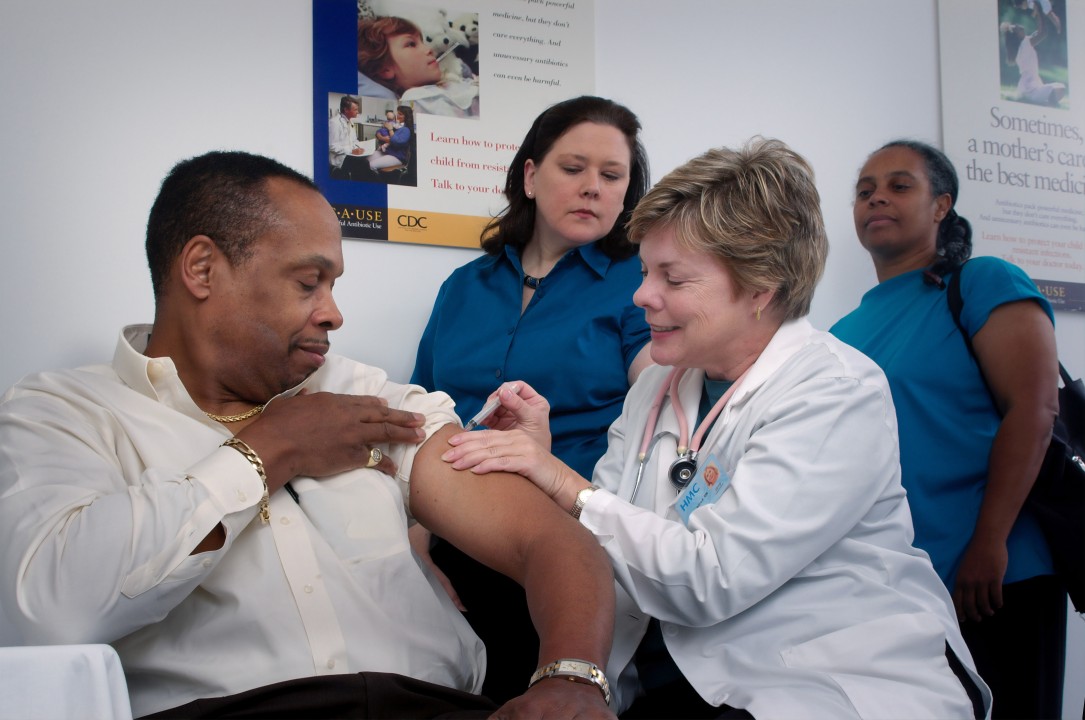Community health centers play a crucial role in providing essential healthcare services to low-income individuals and families across the United States. With nearly 1,400 federally designated community health centers, these facilities serve as a vital safety net for approximately one in eleven Americans. Despite their significance, community health centers are facing challenges that are putting their ability to provide quality care under strain.
One example is the Plaza del Sol Family Health Center, operated by Urban Health Plan Inc. Located in Queens, New York, this center has been Elisa Reyes’ go-to place for medical care for over a decade. Even after moving away, Reyes continues to return to Plaza del Sol because of the convenience and familiarity it offers. Her children also see the same doctor, and she appreciates the fact that she can walk in without an appointment. The staff at the clinic have even helped her apply for health insurance and food stamps. “I feel at home. They also speak my language. I feel comfortable,” Reyes said in Spanish.
Plaza del Sol is just one of many community health centers working tirelessly to serve their communities. These centers provide not only routine medical care but also essential social services and, in some cases, access to fresh food. They cater to individuals of all ages and act as a safety net for those who cannot afford or access healthcare services elsewhere. However, the increasing demand for care and limited resources are placing significant stress on these centers.
Over the past eight years, community health centers have witnessed a 45% increase in the number of individuals seeking care. To accommodate this surge, these centers have opened more service sites, expanding their reach to over 15,000 locations. However, many centers are struggling with staffing shortages, making it difficult to recruit and retain doctors, nurses, mental health professionals, and dentists. The competition for qualified healthcare professionals further exacerbates the problem.
Funding is another pressing concern for community health centers. The months-long debate over the federal budget has made it challenging for these centers to plan and hire for the long term. Uncertainty regarding funding not only affects their ability to provide care but also hampers their efforts to address community health concerns effectively.
Despite these challenges, community health centers are dedicated to improving the health and well-being of their communities. They aim to address the inequities that exist even before a patient steps into an exam room. Often, community health centers are the only remaining healthcare option for communities that have experienced the closure or reduction of urban and rural hospitals.
However, Dr. Matthew Kusher, the clinical director of Plaza del Sol, acknowledges that there are limitations to what community health centers can do. While they provide crucial healthcare services, certain factors like poverty, lack of access to food or clean water, and unhealthy living conditions play a significant role in determining an individual’s overall health. Healthcare alone cannot address these underlying issues.
In conclusion, community health centers play a vital role in providing healthcare services to underserved communities. However, they face challenges in terms of staffing shortages, funding uncertainty, and addressing broader social determinants of health. The dedication and perseverance of these centers are essential in ensuring that individuals receive the care they need, but sustained support and investment are critical to overcoming these challenges and building healthier communities.



